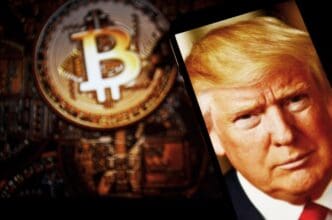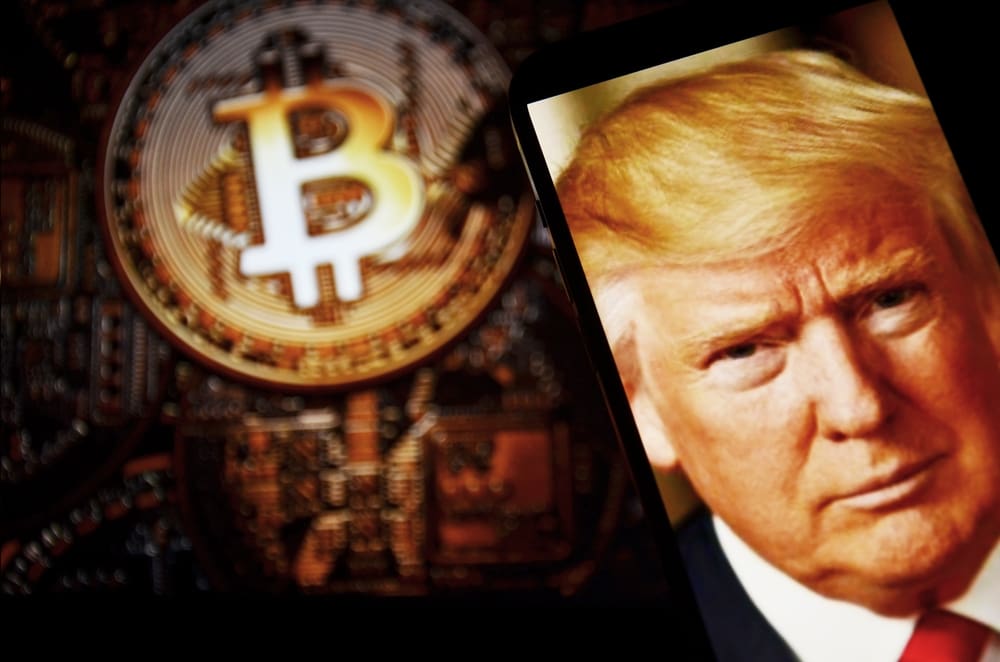Executive Summary
The Story So Far
Why This Matters
Who Thinks What?
The cryptocurrency market has experienced a significant tailwind following President Donald Trump’s election victory last November, with the shift in the regulatory landscape particularly impacting digital assets like XRP. This change culminated in the U.S. Securities and Exchange Commission (SEC) dropping its long-standing appeal against Ripple on August 7, effectively ending a five-year legal battle that had clouded the future of the XRP token.
The Case for XRP
XRP is the native token of the Ripple Payments network, an innovative blockchain-based system designed to facilitate instant cross-border transactions. This network allows banks to bypass traditional intermediaries, enabling transfers that previously took days to complete in mere seconds.
Ripple created XRP to standardize transactions within its network, allowing global banks to exchange XRP tokens instead of domestic currencies, thereby reducing foreign exchange fees. A transfer using XRP incurs a minimal cost of just 0.00001 tokens, a fraction of a U.S. cent.
Unlike Bitcoin, XRP is not decentralized, as it is issued by Ripple. This distinction led to the SEC suing Ripple in 2020, alleging breaches of financial securities laws by treating XRP as an unregistered security. A partial ruling in August 2024 indicated that XRP might only be considered a security under specific circumstances, but the SEC subsequently appealed this decision.
However, the regulatory environment shifted significantly after President Trump nominated crypto advocate Paul Atkins to lead the SEC following his election win. This change in leadership reportedly led the agency to withdraw from several active legal cases against crypto companies, including its appeal against Ripple on August 7, which concluded the contentious legal dispute.
The Case for Bitcoin
Bitcoin, often considered a speculative asset like other cryptocurrencies, does not generate revenue or earnings and lacks a specific “real-world” use case in the traditional sense. Its value is primarily determined by market demand and what subsequent buyers are willing to pay.
Despite this, a growing number of investors view Bitcoin as a legitimate store of value, akin to digital gold, due to its unique attributes. Bitcoin is completely decentralized, meaning no single person, company, or government can control it. It also has a strictly capped supply of 21 million coins, expected to be fully mined around the year 2140, and is built on a secure, publicly verifiable blockchain that offers full transparency.
These characteristics have led the SEC to treat Bitcoin with significantly less regulatory hostility compared to other cryptocurrencies like XRP. The agency has approved numerous spot Bitcoin exchange-traded funds (ETFs), providing regulated avenues for financial advisors and institutional investors to acquire the cryptocurrency. Holding an ETF is generally considered safer than storing Bitcoin in a digital wallet, which can be vulnerable to hacks.
XRP vs. Bitcoin: The Verdict
While XRP offers a use case within the Ripple Payments network, the network’s ability to also support fiat currencies means banks are not obligated to use XRP to benefit from instant cross-border transactions. Therefore, the success of Ripple Payments does not necessarily guarantee a long-term increase in XRP’s value.
The source article suggests that Bitcoin may have greater potential for upside due to its decentralized nature. Its immunity from manipulation or disruption by any person or government is cited as a factor that should foster sustained investor confidence in its status as a store of value. The article notes that while some price targets for Bitcoin, like those from Cathie Wood and Michael Saylor, might be ambitious, a more realistic target for its market capitalization could align with the value of all above-ground gold reserves, currently estimated at $22.8 trillion. Such a valuation would imply a price of $1,085,000 per Bitcoin, representing significant upside from current levels, leading the source to conclude that Bitcoin might be a more compelling investment than XRP for the remainder of 2025 and beyond.







